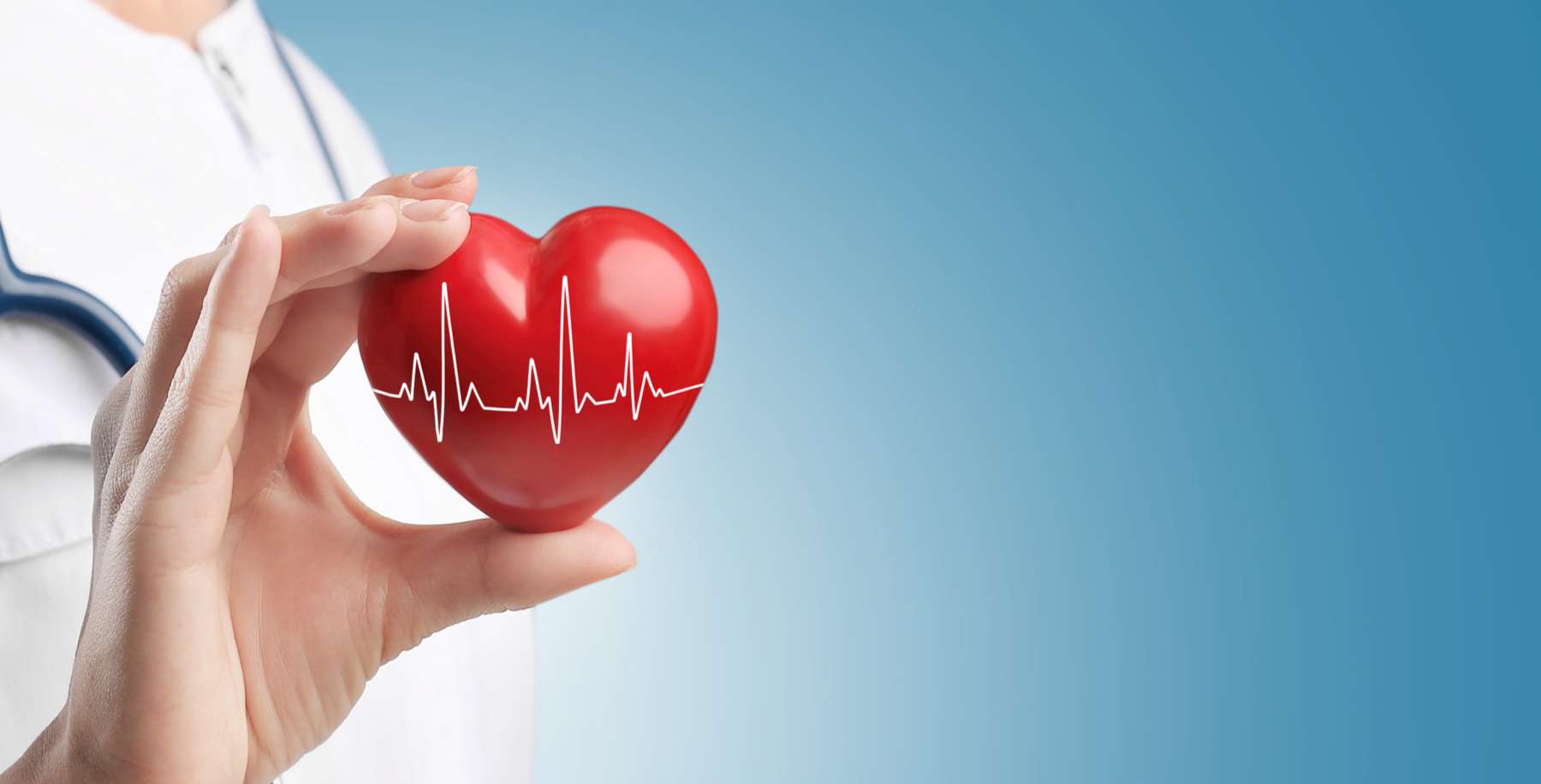
Cardiologgy
The medical specialty of cardiology focuses on the identification and management of disorders affecting the heart and circulatory system. In addition to doing testing, the cardiologist may also undertake certain treatments like pacemaker implantation, angioplasty, and heart catheterization. It deals with conditions that affect the heart, ranging from birth defects to acquired cardiac illnesses such congestive heart failure and coronary artery disease.
Heart disease relates specifically to the heart, while cardiovascular disease affects the heart, the blood vessels, or both. Nuclear cardiology, cardiac electrophysiology, interventional cardiology, and echocardiography are subspecialties within the area of cardiology. Numerous heart conditions, including hypertension, pericarditis, ventricular tachycardia, congenital heart disease, coronary heart disease, congestive heart disease, arrhythmias, hypertension, high blood pressure, and triglycerides and many others.
Procedure of Cardiology Treatment
Several procedures are associated with cardiology. Some of the main procedures include:- Cardiac catheterization - A tiny tube in or close to the heart gathers information and could be used to clear a blockage. It has the ability to acquire images and assess the electrical and cardiac systems' functionality. Conditions of the heart, valves, and coronary arteries that are congenital can be treated with catheter-based methods and fluoroscopy.
- Biventricular pacing - Also known as cardiac resynchronization therapy, this involves using a pacemaker to help the left and right ventricle pump in harmony to improve the overall output capacity of the heart.
- Angioplasty & Stent Placement - A cardiac surgery called coronary angioplasty helps to unclog heart arteries. A tiny balloon catheter is inserted through the restricted artery by the doctor to release it.